100 Softgels
Phosphatidyl Choline is in a class known as phospholipids which are major components of all biological membranes that help comprise the human body. Phosphatidyl Choline, or PC, is derived from lecithin; a natural ingredient which is found in soy beans, egg yolks, legumes, wheat germ, and fish. PC is most commonly indicated for atherosclerosis, cardiovascular disease, and is thought to help prevent gallstones.
Many studies are currently being done testing the ability of Phosphatidyl Choline’s possible effects on various neurological disorders such as dementia, bipolar depression, and Alzheimer’s disease. In more recent years PC has been tested for possible benefits in people with multiple sclerosis. Still other studies found that doses as high as 800 mg may help protect the liver and possibly even help reverse damage caused by certain toxic stresses.
Benefits:
- Help Prevent Cardiovascular Disease
- Help Prevent Gallstones
- Improve Cognition & Brain Function
- Protects Liver
- Major Component of Cellular Membranes
Suggested Use: For adults, take one or two softgels once or twice daily, prefreably with a meal or as directed by your healthcare professional.
| Phosphatidyl Choline Serving Size: 1 Softgel | ||
| APS | %DV | |
Calories | 10 | |
| Calories from Fat | 10 | |
| Total Fat | <1g | <1% |
| Phosphatidyl Choline - from 1200 mg of Soy Lecithin concentrate | 420 mg | * |
| APS = Amount Per Serving *% Daily Value (%DV) not established. | ||
Other Ingredients: Gelatin, Glycerin.
Contains no yeast, wheat, milk, lactose, sugar, preservatives, artificial color.
By
-
Flag
Comments? Question?
Updated Aug. 04, 2015,
about 10 years ago
Distributed or manufactured from Seacoast Vitamins. See more Seacoast Vitamins products.
*Not intended to diagnose or treat diseases or ailments, and is not reviewed by the FDA.
Uses & Indications.- Improving Blood Flow
- Enhancing Cellular Metabolism
- Supporting Nerves
- Regenerating Cells
- Enhancing Neurotransmitters
- Cardiovascular Disease
- Alzheimer's Disease
- Depression
- Congestive Heart Failure
- Epilepsy
- Liver Disease
- Hypertension
Compare to these:
Questions and answers:
Question: is this similar to or the same as nattokinase and lecithin
- This questions has not been answered yet. Be the first one!








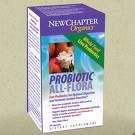
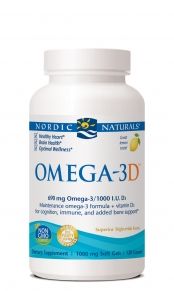
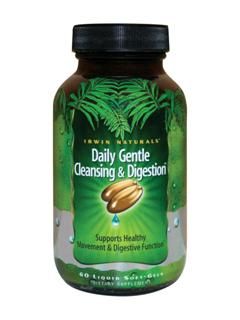
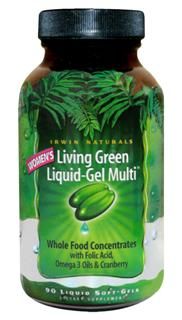
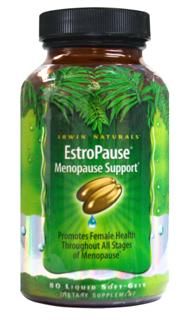
 Publish your shopping cart to facebook and get free shipping in U.S.
Publish your shopping cart to facebook and get free shipping in U.S.